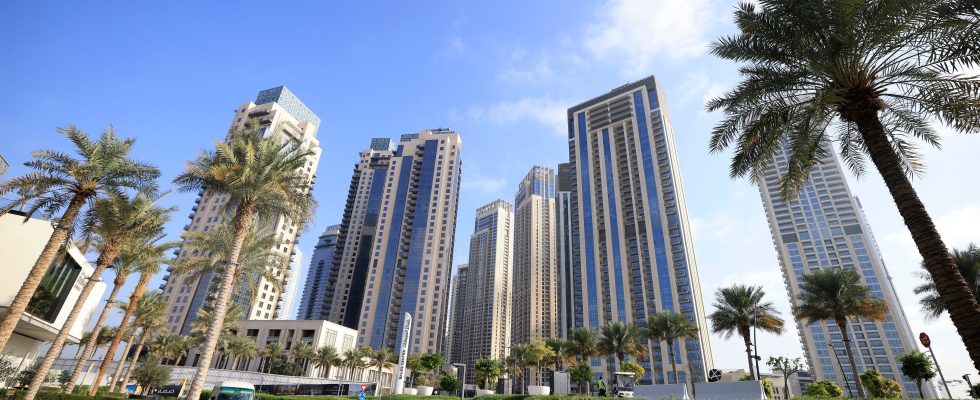On January 30, the French Prime Minister created a surprise by announcing an experiment with a four-day week in all administrations, including ministries. Traditionally associated with the political left and considered as the logical continuation of the reduction of working hours, this idea often appears as the next social conquest, not far from universal income. Gabriel Attal underlined the societal usefulness that it could have, notably allowing divorced parents to free up time to look after their children.
The idea has been in the works for a long time. Conceived by Pierre Larrouturou in 1993, we already found it in the Robien law, subsequently swept away by the 35-hour week. The left has never drawn a line under it, as evidenced by the recent announcement by the president of the metropolis of Lyon, the ecologist Bruno Bernard, to generalize this measure to all agents of this community.
If this measure is sometimes on the rise in our latitudes, as proven by experiments in Scandinavian countries, Belgium, Portugal, Germany and even the United Kingdom, it comes up against cultural or officially “organizational” obstacles. . It very often only concerns tertiary professions which have seen teleworking become widespread within them. Conversely, for manual professions, adjusting working hours would almost be a mission impossible. Really ? Under these conditions, the four-day week largely loses its social significance. It could even lead to an increase in inequalities linked to working conditions, argue its opponents.
An example invites us to reconsider our cultural considerations: it is the United Arab Emirates (UAE) which is quietly revolutionizing its social model. Since 2022, the Gulf country has adopted a four and a half day week. The objective: to align with international financial centers while preserving Muslim religious practices, first and foremost Friday, dedicated to prayer. If social and ideological motivations only come into play secondarily, this fact remains: the country goes further than any other on the subject.
A very liberalized economy
In UAE administrations, legal working hours are now 7:30 a.m. to 3:30 p.m. Monday to Thursday and 7:30 a.m. to noon on Friday. Many developments are planned, but this has been the norm since January 1, 2022 for the public sector, which is very important in the country. The federal government said this was to promote work-life balance, but immediately clarified that the Friday sermon would now be given at 1:15 p.m., allowing Muslims to attend. Schools, universities and public entities are the first to adopt this pace, but businesses are also following slowly. The system was presented publicly, in order to reassure the commercial sector as being in line with the emirates’ vision of increasing the competitiveness of businesses and the dynamism of international trade, while keeping the pace of reforms, particularly in terms of post-oil transition. .
This hybrid model has met with remarkable success, with most public services but also large companies, such as the oil giant Adnoc and the telecommunications leader Etisalat, having chosen to play the game. While many private companies remain for the moment over a period of five days, the initiative had a strong impact and was relayed by Bloomberg and the Financial Times, media little known for their social leanings.
Ultimately, if this model works in the United Arab Emirates, it is thanks to its great flexibility and the multiple possibilities of adapting it. It is also because the economy of the emirates is very liberalized and most of the childcare, but also education and health systems are deregulated. It is therefore much easier for the sectors concerned to adapt quickly to new working rhythms.
It is time for European countries to stop their navel-gazing. Innovations, even social ones, are now occurring elsewhere in the world, including in the most liberal and pro-business environments. Of course, here we will have to reinvest – and it’s time! – in public and serious childcare services. The battle for the time to live is at this price, it is not over and its inspiration can, surprisingly, come from far away.
* Arnaud Lacheret is professor of political science at Skema Business School and member of the Skema Center for Global Risks research center.
.
